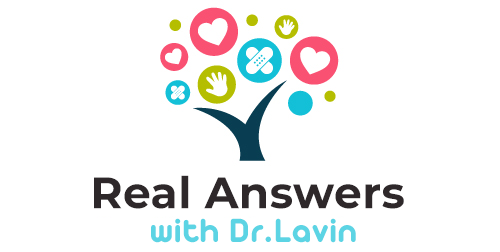What is the Impact of Multiple Shots at One Visit
on Brain Development?
Over the last few years, a rapidly growing number of families have become concerned about whether giving more than one shot to an infant might hurt brain development or ultimate cognitive function.
The June issue of Pediatrics features an important study that tries to answer this question.
The study was conducted at the University of Louisville School of Medicine in Kentucky, and compared the intellectual, emotional, and behavioral levels of performance of over 1000 children. They looked at the outcome of 42 tests of intellectual, emotional, and behavioral levels of performance at age 7-10 years old, as a function of how many vaccines the children received at visits to their doctor in infancy.
In not a single instance did they find that children who had their infant immunizations spaced out perform better on tests of intellectual, emotional, or behavioral function. In every single instance, kids who got all their shots in the recommended sequence, including several appointments with 3-4 shots for as many as 5-8 different diseases, in the same visit, did as well, or better on the tests of brain function at age 7-10 years old, than those whose infant immunizations were spaced out.
Many questions are raised, but now and then answers can be given.
For the question of whether spreading out vaccines helps brain function in anyway, the answer from this important study is no.
For the question of whether giving vaccines together in the recommended schedule impairs or hurts brain function later in childhood, the answer is no.
Bottom Line
The immunization schedule is the product of over 50 years of very detailed and careful research whose goal is very simple:
To provide protection to your infant to dangerous infectious diseases as soon as possible, with the fewest doses of immunizations necessary.
If we want to prevent dangerous infectious disease, we should do so as rapidly as possible. After all, why let an infant run the risk of developing tetanus or meningitis for a year when they may only need to be at risk for a few weeks>
This study lays to rest the fair question of whether multiple shots lead to any harm to the developing brain. After all, infants getting few or many shots were evaluated in very close detail long afterwards, at age 7-10 years old, and found to have no difference in intellect, emotion, or behavior whether they got single or multiple vaccines at infant care visits to the doctor.
Therefore, if giving shots on time is safe for the brain, there is little purpose to increase the danger to the infant by delaying the day they will be protected from dangerous infectious diseases.
Our recommendation is to give the protection that can help infants as soon as it can work, that is, use multiple vaccines at a visit to provide multiple protection.
Dr. Arthur Lavin
*Disclaimer* The comments contained in this electronic source of information do not constitute and are not designed to imply that they constitute any form of individual medical advice. The information provided is purely for informational purposes only and not relevant to any person’s particular medical condition or situation. If you have any medical concerns about yourself or your family please contact your physician immediately. In order to provide our patients the best uninfluenced information that science has to offer,we do not accept samples of drugs, advertising tchotchkes, money, food, or any item from outside vendors.








No comments yet.